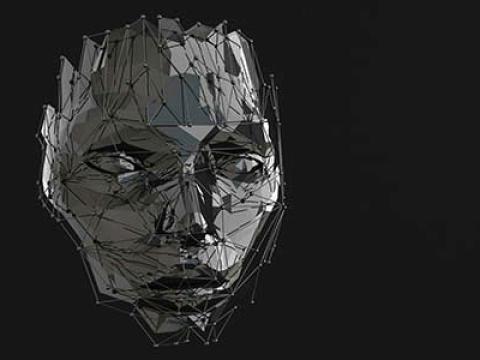The Bottom Line: Privacy Piracy? Not Really
Privacy hasn't disappeared. We've been handing it over bit by bit for years.
![]() In the days before digital, paper was the medium. To apply for a job, see a doctor, buy a refrigerator or get a loan, we filled out forms. These forms were then filed in a cabinet and, for the most part, forgotten. Privacy matters were a matter of how tenacious someone was about digging through piles of paper.
In the days before digital, paper was the medium. To apply for a job, see a doctor, buy a refrigerator or get a loan, we filled out forms. These forms were then filed in a cabinet and, for the most part, forgotten. Privacy matters were a matter of how tenacious someone was about digging through piles of paper.
But the dawn of the digital age required a willingness to give up a bit of that privacy. We signed up for a few conveniences, like providing an email address, so we could send flowers or make a plane reservation via the Internet faster.
When online stores started opening their doors on the Web, making purchases online became easier than driving to the store. Paying bills online faster than taking three minutes to write a check. Ordering food to be delivered simpler than grocery shopping. But online commerce required providing more information—in a password-protected world, of course.
Cybersecurity wasn’t even talked about when we began adding account numbers to our online accounts for the sake of convenience. In our minds, hackers were merely a group of pesky kids with a penchant for technology. They may access our accounts, but what were the odds?
Social networking arrived on the scene, and we began sharing more about ourselves in more places. It was fun. It was easy. It was amazing. The more we read about others, the more information we willingly put out there. We added birthdates and locations.
What’s social networking without pictures? Every smartphone has an easy-to-use camera. Our parties and vacations and babies are fabulous, so we posted those online, too.
Picking up on our eagerness to share our personal data, companies began to require an email address to access information for free. Hey, what’s the big deal? Everyone has it anyway. Next, they began asking for a bit more information about our lives. What’s your age range? Where do you live? What are your hobbies? And we handed it all over … again, willingly.
Medical advances began booming. The Human Genome Project opened promising doors to finding out if we were prone to certain diseases. Researchers craved more gene samples to help determine our proclivities toward illnesses we may have to face in the future. We opened our arms, let doctors take our blood and allowed scientists to examine our genes. And of course the information was shared, so more researchers could explore more possible treatments.
As information collection points began increasing, cybersecurity started becoming a well-known word … and worry. Information technology professionals actually knew it all along, but their warnings fell on deaf ears until hacks became more common. We began to understand that passwords were a stop-gap measure that could be stolen, so our private information now out there on the Wild, Wild Web may be stolen after all, and not just by high school kids having fun.
We also realized that no matter where we went or what we did, our digitized information seemed to be right there with us. Wait, how did that happen? How did our privacy slip away when we weren’t looking?
The bottom line is that we were looking … looking at our computer screens and mobile devices. We were quite literally handing over our privacy with every keystroke. Is it any wonder so many organizations and agencies know so much about us? We told them.




Comments